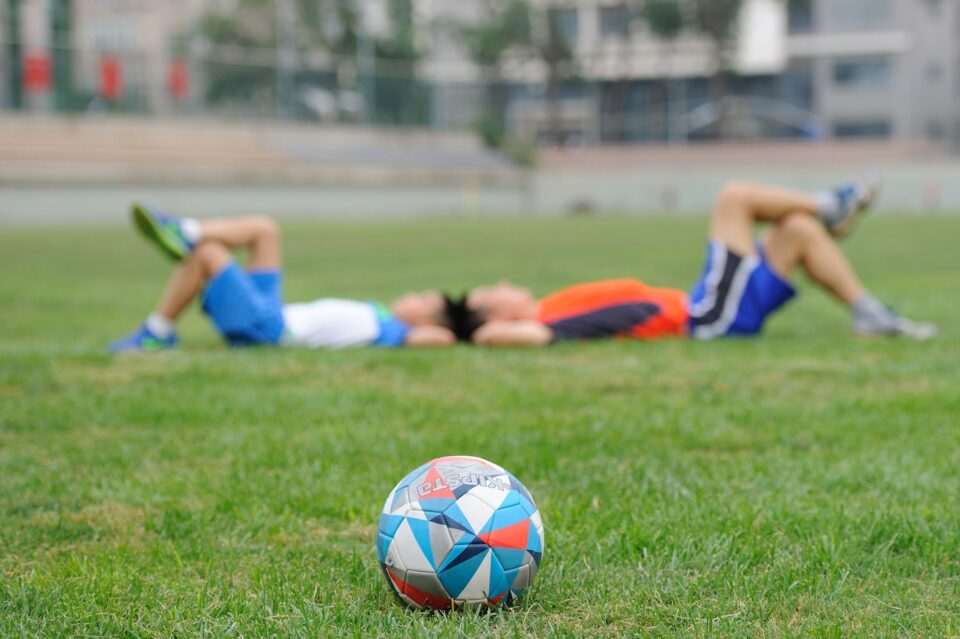Physical activity is crucial for maintaining good health, not only for the body but also for the mind. Engaging in sports and other physical activities can benefit mental health and emotional well-being. In this article, we will discuss the importance of physical activity for emotional well-being and how it can contribute to mental health.
The Connection between Sports and Mental Health
Physical activity has been linked to various psychological benefits. Regular exercise can increase self-esteem and self-confidence, improve mood, and reduce symptoms of anxiety and depression. Studies have shown that individuals who engage in sports and other physical activities experience fewer symptoms of depression and anxiety compared to those who lead a sedentary lifestyle.
The Psychological Benefits of Physical Activity
Regular exercise can improve psychological well-being by reducing stress levels, promoting relaxation, and improving mood. Exercise also releases endorphins, which are natural chemicals in the body that make you feel good. Endorphins are known to produce a feeling of euphoria and reduce pain perception, helping to combat symptoms of depression and anxiety.
The Impact of Sports on Depression and Anxiety
Sports and physical activity can have a significant impact on reducing symptoms of depression and anxiety. Studies have shown that engaging in sports or exercise can be as effective as medication for treating depression. Exercise helps to reduce the level of cortisol in the body, which is a hormone associated with stress. As a result, regular physical activity can help to reduce symptoms of anxiety and depression.
The Role of Exercise in Reducing Stress and Improving Mood
Exercise has been shown to reduce stress levels and improve mood. Regular physical activity can help to reduce symptoms of depression, anxiety, and stress. Exercise stimulates the release of endorphins, which can help to reduce symptoms of depression and anxiety. Exercise also helps to regulate the production of cortisol, which is a hormone associated with stress.
Physical Activity and Brain Health
Physical activity can also have a positive impact on brain health. Exercise has been shown to increase the volume of the hippocampus, which is the part of the brain responsible for memory and learning. Engaging in sports and other physical activities can also help to improve cognitive function, attention, and concentration.
How Exercise Affects the Brain
Exercise has been shown to promote the growth of new brain cells and improve the connections between existing neurons. This can lead to improved cognitive function, memory, and learning. Regular physical activity can also help to reduce the risk of cognitive decline and improve brain function in older adults.
Sports and Brain Development in Children
Engaging in sports and physical activity can also have a positive impact on brain development in children. Studies have shown that physical activity can improve cognitive function, academic performance, and behavior in children

